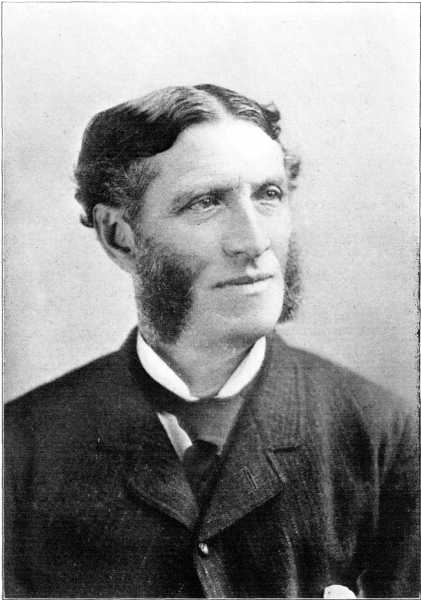Matthew Arnold Frases famosas
“Apenas aqueles que nada esperam do azar são donos do destino.”
Variante: Somente aqueles que nada esperam do acaso são donos do destino.
Matthew Arnold: Frases em inglês
In a letter to his sister, New Year's Day, 1882. Quoted in the Preface
Matthew Arnold's Notebooks (1902)
Quoted from S.R. Goel, (1994) Heroic Hindu resistance to Muslim invaders, 636 AD to 1206 AD.
The Functions of Criticism at the Present Time (1864)
" Written in Emerson's Essays http://www.bartleby.com/246/414.html" (1849)
“Fate gave, what Chance shall not control,
His sad lucidity of soul.”
Fonte: Resignation (1849), l. 197
“What shelter to grow ripe is ours?
What leisure to grow wise?”
"Stanzas in Memory of the Author of "Obermann"" (1852), st. 18
“Yet they, believe me, who await
No gifts from Chance, have conquer’d Fate.”
Fonte: Resignation (1849), l. 248-249
The Study of Poetry
Essays in Criticism, second series (1888)
“Such a price
The Gods exact for song;
To become what we sing.”
" The Strayed Reveller to Ulysses http://www.poetry-archive.com/a/the_strayed_reveller_to_ulysses.html"
“That which in England we call the middle class is in America virtually the nation.”
"A Word More About America" (1885)
Fonte: Culture and Anarchy (1869), Ch. IV, Hebraism and Hellenism
Literary Influence of Academies, p. 69
Essays in Criticism (1865)
Fonte: Culture and Anarchy (1869), Ch. I, Sweetness and Light
“Conduct is three-fourths of our life and its largest concern.”
Fonte: Literature and Dogma (1873), Ch. 1
"Lines Written in Kensington Gardens" (1852), st. 10
